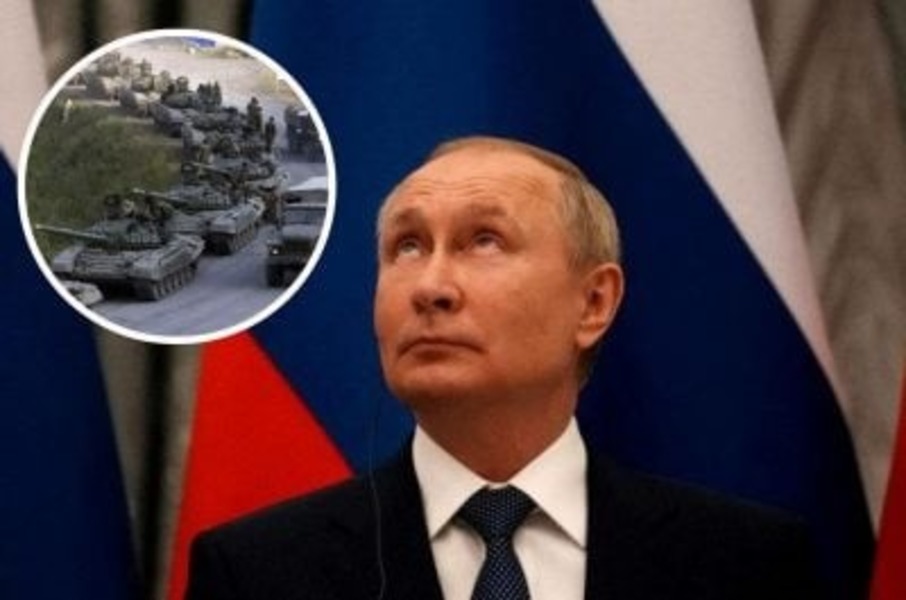Presidential elections will take place in Russia in March of this year. Considering realities in the totalitarian Russia, no one has any doubt that Putin will be re-elected for another presidential term. In particular, leading propagandists of the Russian Federation, as well as well-known Russian military officers, are already preparing Russians for the fact that Putin will again be their president within the next 6 years, and accordingly, the war will continue. For the West, Putin’s re-election is a wide range of risks and threats that go beyond the Ukrainian issue itself. This will be discussed in the article
In October 2023, PACE adopted a resolution that called Putin’s continued power illegitimate and strongly supported the creation of a special international criminal tribunal. The resolution was adopted unanimously after debates and the report “Examining the legitimacy and legality of the ad hominem term—limit waiver for the incumbent President of the Russian Federation.” This PACE’s decision should become indicative for the US Congress and the parliaments of Western countries, which Putin openly calls an enemy of Russia. The Russian Federation and Belarus, where Lukashenko was also “re-elected without alternative” in 2020, are the last dictatorships in Europe, an echo of the era of bipolar confrontation that has sunk into oblivion, where the USSR lost. Consequently, Putin is preparing for revenge and a long-term confrontation with the West using hybrid, and probably military, instruments.
There is no doubt that the Kremlin will hold presidential elections in the temporarily occupied territories of Ukraine (TOT). This will happen at gunpoint and in an atmosphere of fear and terror, as it were in the pseudo-referendums held in September 2022. In general, violence and the arbitrary practices directed against civilian Ukrainians have become the “visiting card” of the Russian occupation forces, which, as in Stalin’s times, reviving mass repressions. However, for the West, the threat of Putin’s re-election is more complex, going beyond Russia’s violation of democratic principles. By invading Ukraine, Putin has set a dangerous precedent of violent changes of existing border. March 2024 will mark 10 years since Russia’s criminal annexation of Ukrainian Crimea. Perhaps, it is not for nothing that Putin, inspired by symbolism, has scheduled the Russian presidential election for this very date, thereby telling that during his next presidential term he will also expand Russia’s borders by military means. This is a direct challenge to the West: the inviolability of frontiers in Europe is regulated by the Helsinki Act of 1975. By violating its principles, Russia has encroached on changing the world order that was established after the end of the Second World War.
In addition, the Russian presidential elections in the temporarily occupied territories of Ukraine are intended to legitimize the Russian armed presence in Ukraine by the Kremlin. In this regard, the so-called “international observers” from among Putin’s supporters will do their best to promote the recognition of pseudo-elections, which will be a flagrant violation by Russia of the norms and principles of international law, which is also Putin’s goal. After all, his actions are closely monitored by other dictators of our time. If Russia’s example of seizure of territories of neighboring countries with impunity does fit them, new wars and conflicts, including near the periphery of the West, cannot be avoided.
Consequently, Putin’s re-election cannot be considered legitimate and poses a threat. Russia has begun a permanent confrontation with the West, which is carried out with the help of military, economic, political, ideological instruments and is based on the complete usurpation of power by Putin in the Kremlin. Ukraine is only a small, intermediate stage of his plans for revenge, which must suffer a strategic defeat, otherwise it will become a defeat for the West. In this regard, timely sanctions for Putin’s illegal re-election are necessary in the comprehensive weakening of Russia and its international isolation.

